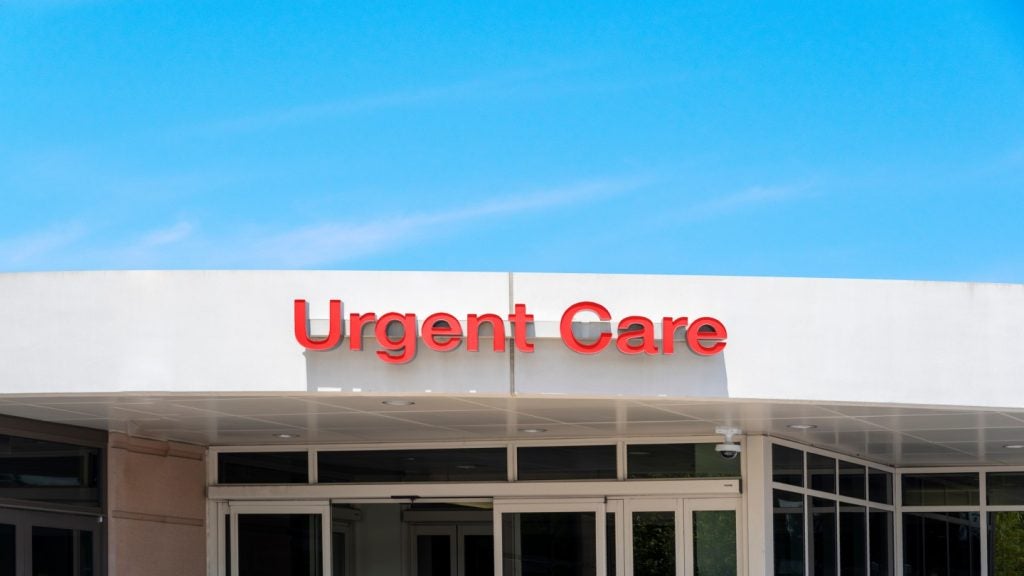The Australian Government has unveiled its 2024-2025 Budget, focusing on expanding Medicare services, easing cost-of-living pressures, and enhancing mental health services.
Under the new budget, the government has allocated A$227m ($150.7m) for opening 29 additional Medicare Urgent Care Clinics, building on the previous rollout of 58 clinics, to alleviate the strain on hospital emergency departments.
The budget also includes a substantial A$882.2m allocation to support older Australians with medical care outside of hospitals, thereby freeing up hospital beds. It will also enhance hospital outreach services, virtual care, and the upskilling of the residential aged-care workforce.
Additionally, A$361m is earmarked to broaden the range of free mental health services over the next four years.
Through this investment, the government is further introducing a new national early intervention service to offer support before people face escalated situations of distress.
It also has the provision for upgrading clinical capabilities at 61 Medicare Mental Health Centres and funds Primary Health Networks to incorporate mental health nurses and allied health support into general practices.
Around A$69.8m has been dedicated to increasing the number of Medicare-eligible MRI machines, and A$266.9m will ensure yearly rises in Medicare rebates for nuclear medicine imaging and other common medical tests.
To further address healthcare shortages, A$91.1m will be provided for bolstering services in underserved areas, including support for the Royal Flying Doctor Service.
The budget also proposes $469.1m to reduce patient costs for medicines, with a focus on freezing the maximum co-payment for prescriptions, and an investment of $3.4bn is set to list new medicines on the Pharmaceutical Benefits Scheme (PBS), reducing costs for patients with cardiac disease.
Besides, A$18.8m will be issued to position Australia as a prime location for clinical trials, A$1.4bn for health and medical research over the next 13 years, which also includes an additional A$411.6m to address health inequalities.
Other notable investments include A$25.3m for skin cancer prevention, A$49.1m for higher Medicare rebates for gynaecological conditions, A$56.5m for Medicare services for midwives, A$38.8m for National Bowel Cancer Screening Program and A$43.9m for HIV elimination efforts by 2030.









